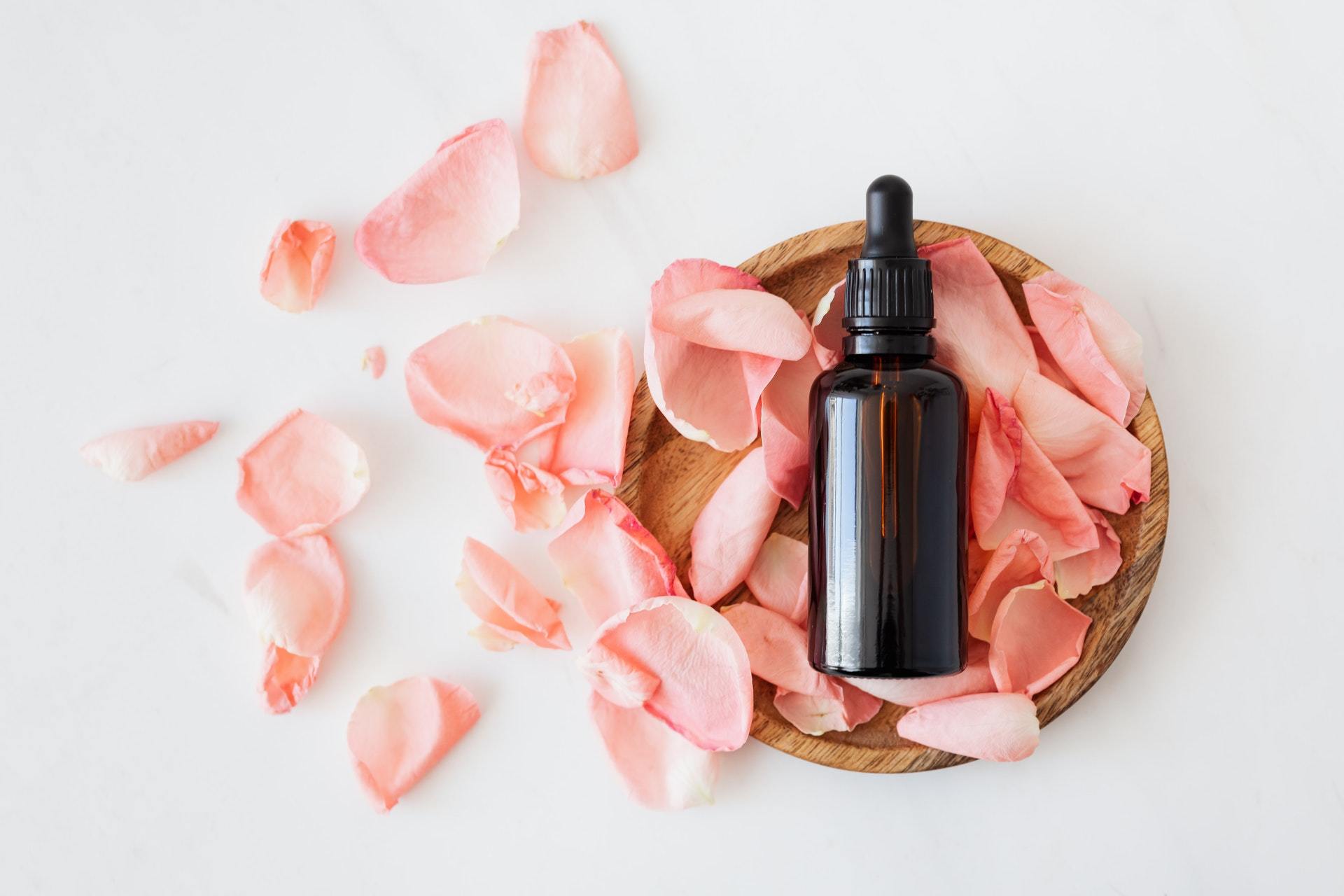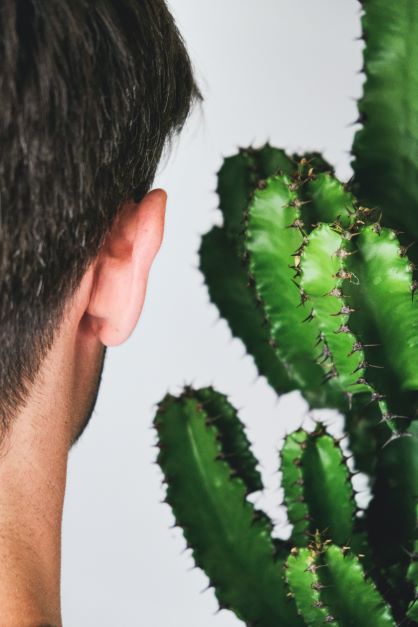
Having clogged ears can be a very unpleasant experience, but did you know there are a few ways you can help ease your symptoms without even leaving the house? Let’s take a look at a clogged ear remedy or two and get you back on your feet!
Contents
How Do I Know if I Have a Clogged Ear?
The first thing you are likely to experience if you have a clogged ear is some sort of discomfort, pain, a pressured ‘bunged up’ or blocked sensation, or just the feeling that something is wrong with your ear.
Symptoms can also include:
- Earache
- Hearing loss
- Itchiness in or around the ear
- Tinnitus (ringing in the ears)
- Vertigo (a spinning feeling)
These are many reasons for a clogged ear, which we cover in depth over on our Why Does My Ear Feel Clogged? Causes and Treatment. Common reasons include allergies, a cold or the flu, and earwax among others.
Regardless, if your symptoms persevere for more than ten days, it is important to see a doctor to rule out any underlying conditions, diseases, or infections. If you have hearing loss that develops suddenly, see a doctor as soon as possible.
Before you set about trying to unclog your ears, it’s incredibly useful to determine if your problem concerns the middle ear, behind the eardrum, or the outer ear. This is because different remedies work for different problems and areas of concern.
Home Remedies for a Clogged Middle Ear
Valsalva Maneuver

If the Valsalva maneuver doesn’t sound familiar, ‘popping your ears’ probably does – they mean the same thing. This clogged ear remedy is one you’ve most likely done many times, consciously or unconsciously.
If you experience fullness or pressure in your ears and potentially also ear pain, dizziness, and muffled hearing, your eustachian tubes, running between your middle ear and the back of your nose, might be obstructed. Doing the Valsalva maneuver helps to open these obstructed eustachian tubes.
You can do this easily yourself by plugging your nose (squeezing it with your fingers) and then blowing out while keeping your lips closed (puffing out your cheeks). Blow firmly but not too hard, as this can cause problems with your eardrum. If it doesn’t help you can try again, adjusting your technique slightly each time. You’ll know if it has worked because you’ll hear a ‘popping’ noise.
Swallowing, yawning, and chewing gum can also help to open your eustachian tubes in a similar way. Try these if you’re having no luck with the Valsalva maneuver.
Do keep in mind, however, that this will not correct conditions of excess fluid in the inner ear.
Nasal Spray or Oral Decongestants
Although they are more useful as a preventative treatment when you’re flying or if you have nasal or sinus congestion, nasal spray and oral decongestants can help to reduce your ‘clogged up’ sensations.
You might already have these in your medicine cupboard. If not, they are available Over-the-Counter (OTC) from your local drug store or pharmacy.
Home Remedies for a Clogged Outer Ear
Homemade Ear Drops
You might find that dripping mineral, olive, or baby oil into your clogged ear helps you relieve your symptoms.
All you have to do is take two to three tablespoons of your oil of choice warmed up. Be careful it isn’t too hot! Check the temperature and whether it causes irritation by testing it carefully on your skin.
Using an eyedropper drip one to two drops into your problem ear. Remember to keep your head tilted for 10 to 15 seconds to ensure it goes down. The blockage might not get better immediately, so you can do this a few times a day for up to five days until it clears.
Ear Irrigation
If you’ve softened the earwax blockage, a simple home-performed ear irrigation can help to flush it out.
Be warned, however; don’t do this if you have an active infection in your ear canal. This clogged ear remedy also carries the risk of causing an ear infection or a perforated eardrum.
Sickness or Allergies Clogged Ear Remedy
Essential Oils
If your clogged ears are due to sickness or allergies, mineral and essential oils might be helpful as they can have antibiotic, antiseptic, and anti-inflammatory properties.
Tea tree oil, eucalyptus oil, and peppermint oil can all be inhaled as steam or placed near the nose so you can easily breathe in the vapors. Research how each oil should be used before trying this as they are still dangerous if used incorrectly.
Warm Compress or Shower

You can try placing a warm compress over your ear or take a steamy shower to open up your nasal passages and drain your ears of mucus.
Gargle Salt Water
Gargling salt water can also help to reduce mucus in your ears and nose.
Simply add a little salt to some water and mix until dissolved. Gargle the mixture for a few seconds and then spit it out.
When to See a Doctor
Despite there being many excellent home remedies for clogged ears, you should be prepared to see a medical professional if things don’t get better.
Some causes such as sinus infections and middle ear infections can be treated with prescriptions, which will probably be quicker and more effective than trying home remedies for days on end.
Obviously, it’s very difficult to tell what’s causing your symptoms yourself, but noting your symptoms can help here.
The following symptoms indicate that you should see your doctor:
- Hearing loss
- Ear pain
- Dizziness
- Discharge
- Tinnitus (ringing in the ears)
- Fever
- Blockage refusing to clear on its own
- Blockage can’t be unclogged
These don’t necessarily mean that something serious is going on, but they do suggest you could benefit from a once over from your physician.
The information in this guide has been written using the following reliable sources:
https://www.medicalnewstoday.com, https://www.healthline.com, https://www.medicalnewstoday.com, https://www.nhsinform.scot








